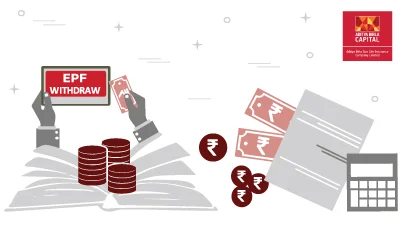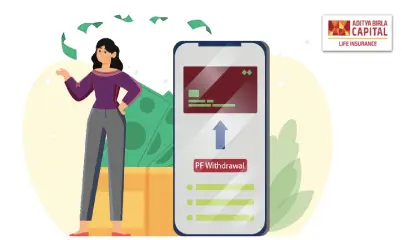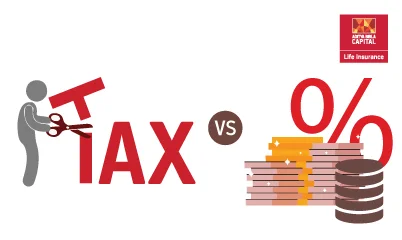How Can I File My Income Tax Return After the Due Date In India?


Get Guaranteed Returns After a Month^
Unlock the Power of Smart Investment!


-
 Table of Contents
Table of Contents
Penalties for Filing ITRs Late and Their Effects
Benefits of Submitting Your Income Tax Return on Time
What Should You Do If You Fail to File Your ITR Before the Deadline?
Condonation for Delays
Prosecution
Conclusion
Frequently Asked Questions
About Author
ABSLI DigiShield Plan
-
Disclaimer
ABSLI DigiShield Plan. This is a non-linked non-participating individual pure risk premium life insurance plan; upon Policyholder’s selection of Plan Option 9 (Level Cover with Survival Benefit) and Plan Option 10 (Return of Premium [ROP]) this product shall be a non-linked non-participating individual life savings insurance plan. UIN: 109N108V11
^ ABSLI DigiShield Plan scenario: Female, non smoker, Age: 21 years, level Term Insurance, Premium paying Term: regular pay, policy term: 25 years, Pay frequency: Annual Premium of Rs. 6500/12 months (on average Rs. 542/month) Exclusive of GST (offline premium).
~ Our life insurance policies cover COVID -19 claims under life insurance claims, subject to applicable terms & conditions of policy contract and extant regulatory framework.
ADV/6/23-24/671
Subscribe to our Newsletter
Get the latest product updates, company news, and special offers delivered right to your inbox
Thank you for Subscribing
Stay connected for tips on insurance and investments

 Home Loans
Home Loans
 Personal
Loans
Personal
Loans
 SME Loans
SME Loans
 Business Loans - Udyog
Plus
Business Loans - Udyog
Plus
 Loan against Securities
Loan against Securities
 Mutual Funds
Mutual Funds
 Stock and
Securities
Stock and
Securities
 Portfolio
Management Services
Portfolio
Management Services
 Pension Funds
Pension Funds
 Life
Insurance
Life
Insurance
 Health
Insurance
Health
Insurance
 Wellness
Solutions
Wellness
Solutions
 Pay Bills
Pay Bills
 Pay anyone
Pay anyone
 Pay on call
Pay on call
 Payment
Lounge
Payment
Lounge
 ABC Credit
Cards
ABC Credit
Cards

 1800-270-7000
1800-270-7000









